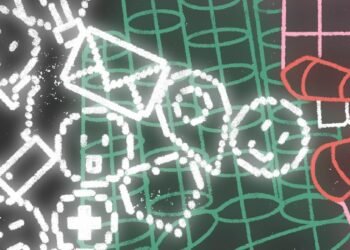In the field of quantum physics, a new record has potentially been broken. According to a paper on the preprint site ArXiv, researchers at the University of Science and Technology of China have observed atoms in a state of quantum superposition for 23 minutes. This breakthrough could have significant implications for the durability of quantum devices and the discovery of new effects in quantum physics.
Superposition is a phenomenon where an object can exist in multiple states simultaneously, but its actual state is unknown until it is observed. This behavior is commonly seen in very small objects like photons and electrons, which behave like waves and can occupy a range of positions at once. However, when observed, the object’s state collapses into a single state.
One way to understand superposition is through Schrödinger’s cat paradox, where a cat is placed in a sealed box with a radioactive material that may or may not kill it. Until the box is opened, the cat is considered to be in superposition, being both alive and dead at the same time. While this thought experiment is often used to explain superposition, it was originally intended to highlight the seemingly absurd nature of quantum behavior.
Previous experiments have been able to demonstrate superposition in small objects, but the phenomenon was short-lived and unstable. In this new study, the Chinese researchers used light-trapped atoms to sustain superposition for an unprecedented 23 minutes. They achieved this by precisely controlling the quantum states of about 10,000 ytterbium atoms, which were cooled to a few thousandths of a degree above absolute zero and trapped with laser light.
While this breakthrough is significant, it is important to note that the study has not yet been independently reviewed. If confirmed, it could pave the way for further advancements in quantum technology and our understanding of the quantum world.



















